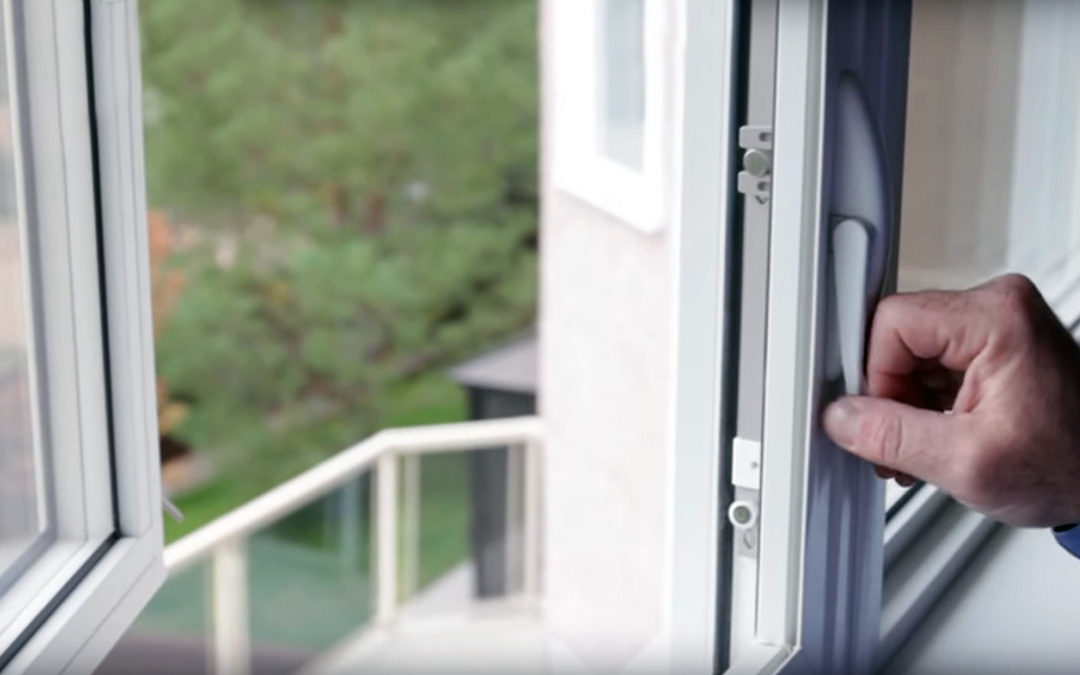
Gail Brager and Tom Parkinson April 15, 2020
Using an extensive trove of thermal comfort research data, CBE’s research team recently published a set of ‘nudges’ to the existing adaptive comfort standards to improve comfort in commercial buildings while potentially reducing energy use. This work updates the landmark study from 1998 by Gail Brager and Richard de Dear on the Adaptive Comfort Model (ACM), which demonstrated that people in naturally ventilated buildings were more comfortable with seasonal temperature variation compared to people in air-conditioned buildings.
More

David Lehrer April 15, 2020
Millions of people are working at home to prevent the spread of Covid-19, creating stress and impacting our well-being and productivity. Science shows that time spent in nature may improve our health and emotions, however, when we are not able to be in nature physically, we may derive benefits simply by access to windows with views. A study recently published by CBE found that a view from a window has positive impacts on emotion, cognitive performance and thermal comfort.
More
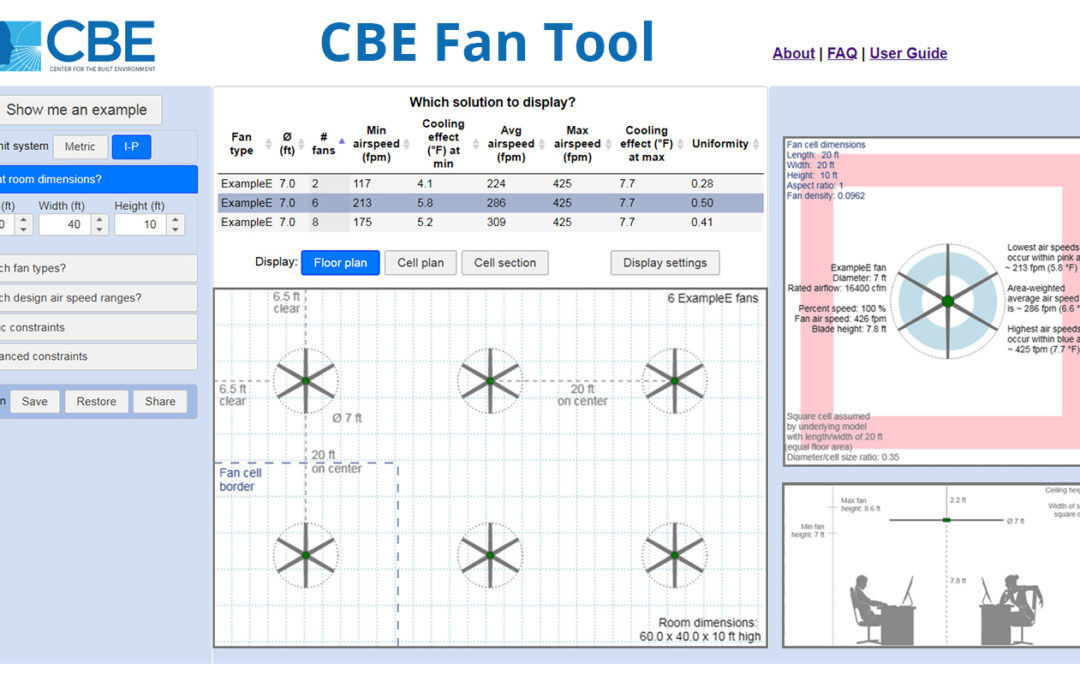
Centerline Team February 13, 2020
CBE recently launched an online tool for designing with ceiling fans, making it easier for designers to create highly energy efficient and comfortable spaces. The tool was created based on years of research that have demonstrated that ceiling fans can keep a person cool while using only a fraction of the energy required by air conditioning.
More

Jessica Uhl January 23, 2020
CBE researchers, students and visiting scholars will present recent findings and design tools at the 2020 ASHRAE Winter Conference on February 1-5 in Orlando.
More
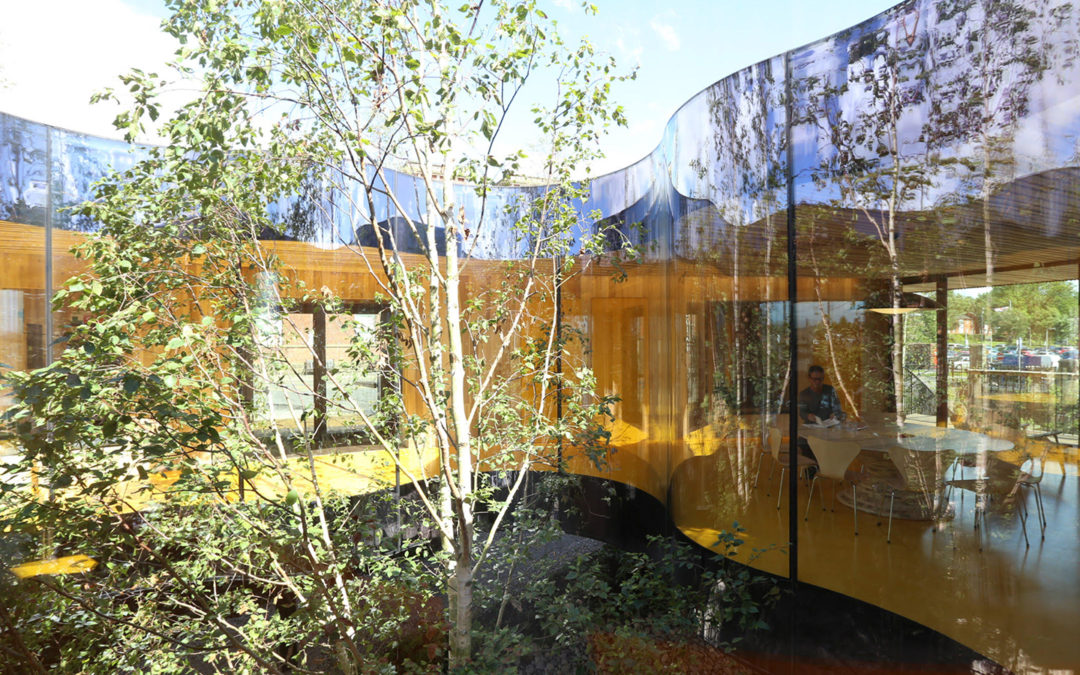
Gail Brager September 12, 2019
Building standards and conventional practice are all about ’reducing the negative‘ — but what if the goal is to ’enhance the positive‘ instead? Aiming to create environments that are not only comfortable and healthy, but are connected to nature, provide a sense of place, and are a delight to be in. Designing for experience requires us to embrace a broader view of experiential aesthetics, going beyond the primacy of vision to recognize broader sensual qualities that contribute to the beauty and memorability of space.
More

Centerline Team July 11, 2019
Innovation is all about answering the question: “What if?” For example, what if we could transfer the latest research for monitoring and controlling building environments to vehicle environments? Questions like this are driving the future of mobility for Lear Innovation Ventures, a new CBE partner focused on accelerating the pace of innovation and collaboration around autonomous, connected, electrified and shared mobility trends.
More
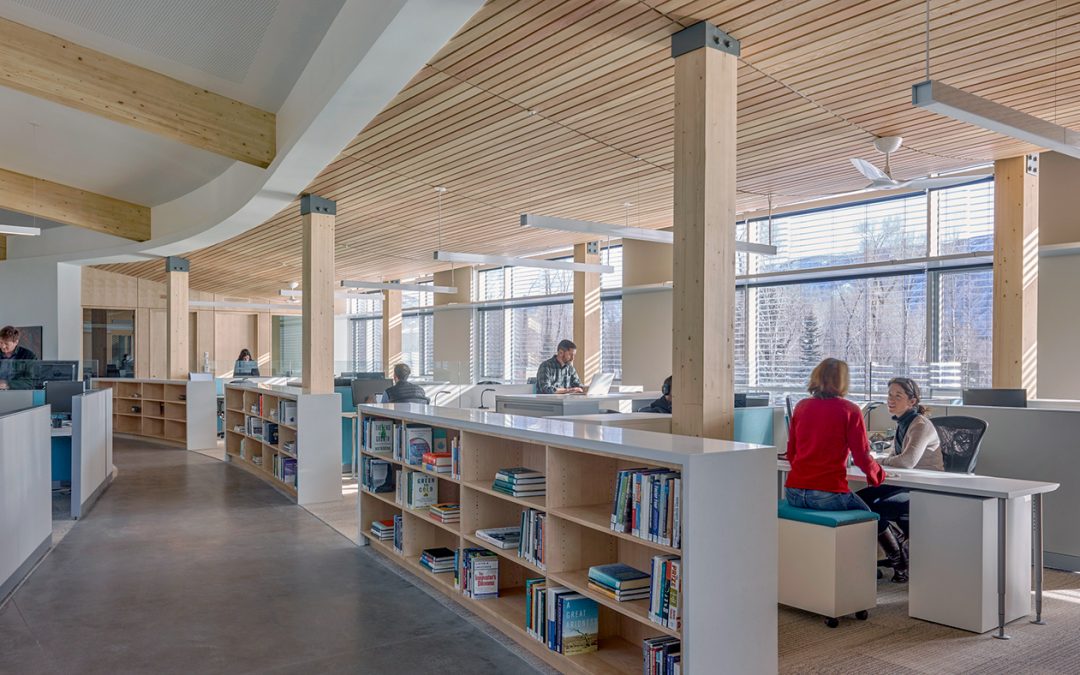
David Lehrer May 15, 2019
This year marks the 25th anniversary of the publication of a seminal paper from Rocky Mountain Institute, “Greening the Building and the Bottom Line,” making the case that green buildings’ unique features may improve employee productivity. Since then interest in this topic has remained strong, and several studies by CBE and others have contributed to our collective understanding of workplace productivity; in this post we describe our related work with a focus on key variables.
More

David Lehrer April 17, 2019
This spring CBE’s research team received funding to support two new projects that will create new ways to gather, analyze and monetize data from commercial buildings, yielding energy cost savings and more comfort for building users.
More

Thomas Parkinson February 14, 2019
Companies aspiring to sustainability and wellness have focused on managing workplace indoor environmental quality (IEQ), however undertaking IEQ measurements in a reliable manner can be challenging. In this post we discuss why continuous monitoring technologies are ideal for evaluating building IEQ performance.
More
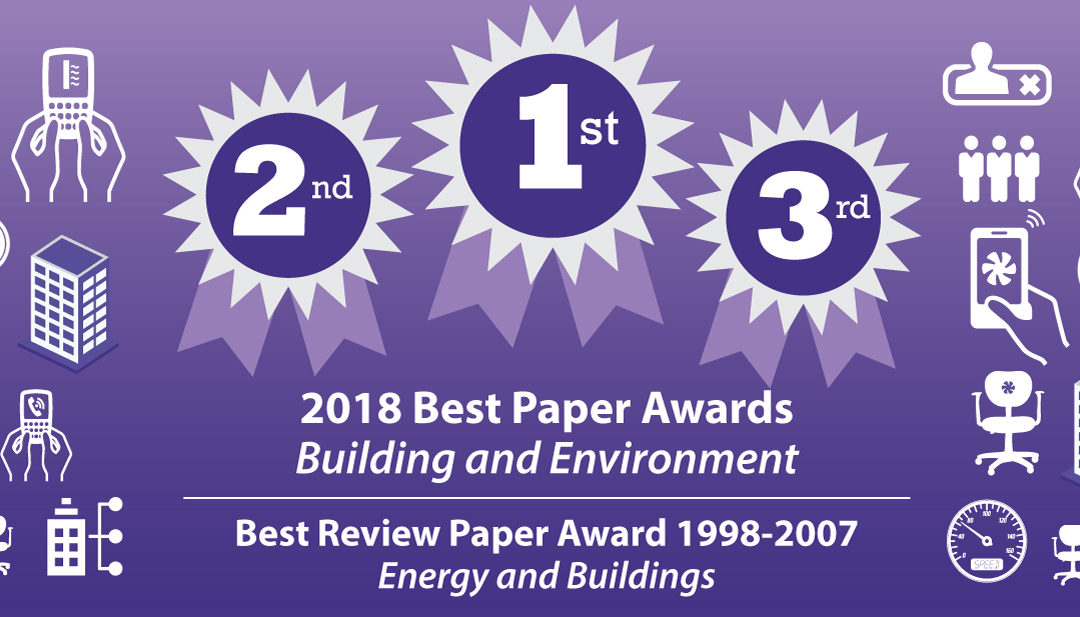
David Lehrer January 8, 2019
Researchers from CBE and our collaborators from SinBerBEST (a Berkeley-Singapore research collaboration) were awarded all three 2018 Best Paper Awards given by Building and Environment, an international journal that publishes original research related to building science and human interaction with the built environment.
More










